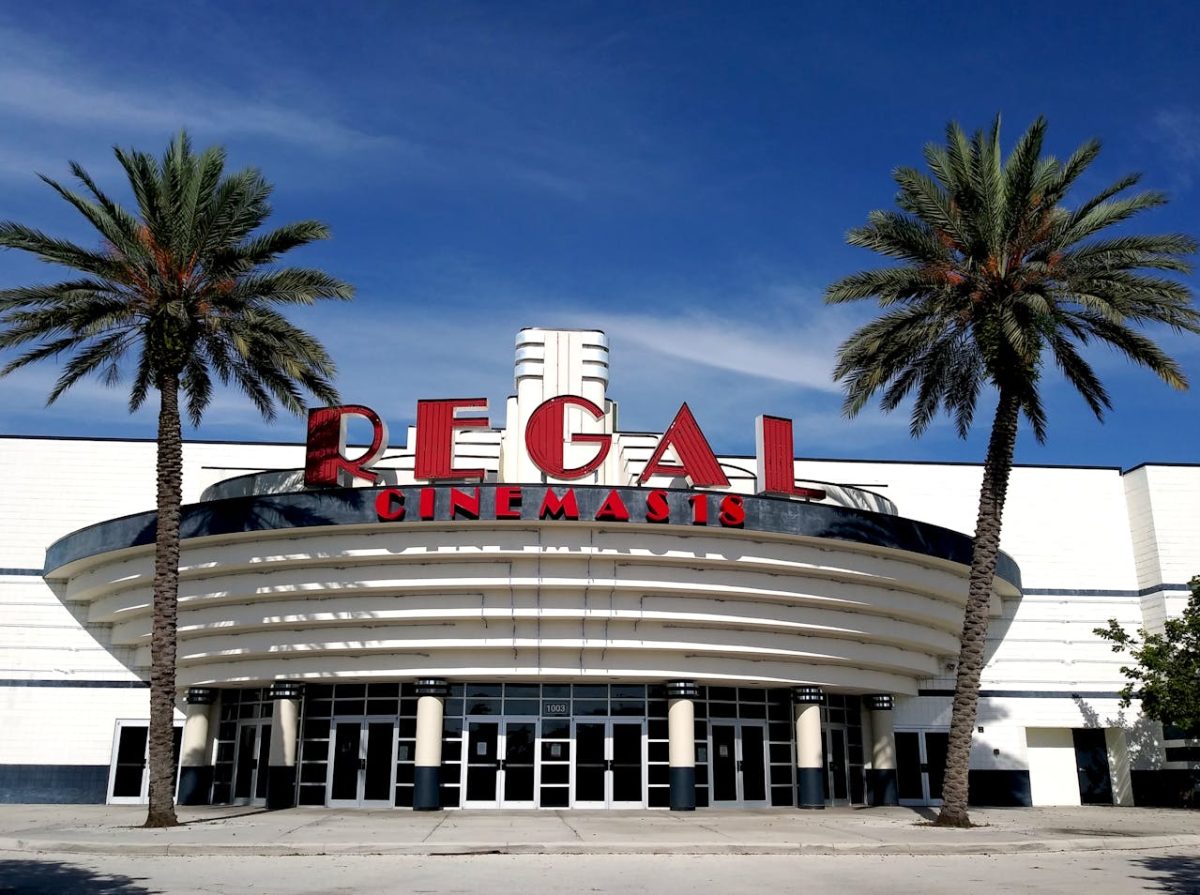Director Eli Roth’s New Company Looks To Sell Directly To Theaters; Break Hollywood Norms
Eli Roth, celebrated for his gory hits like Hostel and Cabin Fever, is once again rewriting the rules of the horror genre. This time, instead of redefining on-screen scares, he’s turning the film industry itself on its head with his new production company, The Horror Section. Roth’s groundbreaking approach of working directly with theater owners to distribute films is shaking up Hollywood conventions in ways that could reshape the industry for filmmakers, audiences, and theaters alike.
A Strategy that Defies Hollywood Standards
For decades, the traditional Hollywood model of film distribution has relied on a complex hierarchy. Studios push films through extensive marketing campaigns and distributor pipelines, often leaving exhibitors—movie theater owners—on the periphery of major business decisions. Roth, however, is cutting through this established red tape, choosing instead to engage directly with theaters.
The move is bold, unconventional, and undeniably risky. Yet, as Roth demonstrated at CinemaCon earlier this year, it’s also a strategy that’s striking a chord with theater chains hungry for fresh opportunities to revitalize big-screen experiences. Roth personally sat down with executives from several major chains, including AMC, Cinemark, and Alamo Drafthouse, presenting his pitch not to just sell his films, but to create a collaborative relationship between his brand and the theater experience.
According to Roth, this up-close, personal approach helped him build bridges fast. “I realized how important it is to talk to the theater chains so they see how much you care about their business,” Roth said. His discussions went beyond pitching movies; they included ideas for unique theatrical incentives, personalized theater greetings, and exclusive in-theater content to cultivate a premium moviegoing experience.
This hands-on focus directly challenges the growing Hollywood trend of bypassing theaters altogether in favor of shuffling movies to streaming platforms. By doubling down on the theatrical-first model, Roth is championing an idea that many thought Hollywood had begun to leave behind—the magic of the shared big-screen event.
The Impact on Filmmakers and Audiences
Roth’s strategy creates enormous opportunities for indie filmmakers. His conversations with theater chains didn’t just cement the presence of The Horror Section’s upcoming slate but also revealed the appetite for innovative, risk-taking independent horror films. For Roth, spotlighting bold new voices is central to the mission, and this distribution path provides emerging directors with a golden ticket to theatrical debuts they might not have otherwise secured.
Take Jimmy & Stiggs, The Horror Section’s first release, as a prime example. Directed by indie standout Joe Begos, this gory alien horror flick features practical effects reminiscent of early Peter Jackson films. Without the backing of Roth’s brand and his investment in direct theater engagements, Jimmy & Stiggs may have been relegated to streaming services. Instead, it’s now debuting on 800 screens, complete with special features like Roth-created fake trailers and a behind-the-scenes documentary, to give fans an immersive moviegoing experience.
For audiences, the benefits go beyond the films themselves. Roth’s focus on collaborations with individual theater chains means added value for ticket buyers. From exclusive content to extended theatrical windows—sidestepping the industry trend of instant video-on-demand releases—Roth is delivering incentives that encourage horror fans to return to theaters.
Why Eli Roth’s Approach Stands Out
This radical pivot towards partnering with theaters comes at a poignant time. The post-pandemic film industry has struggled to regain its footing, with evolving audience preferences and the rise of streaming reshaping how films are consumed. Yet, rather than fight against these shifts, Roth is betting on fostering connection—a connection between filmmakers, theaters, and audiences that redefines the value of the theatrical experience.
It’s not just practical; it’s emotional. Roth references his own youth as inspiration, noting the undiluted joy of experiencing unrated, unhinged horror films that you’d want to tell all your friends about. Through his company, he’s capturing that same sense of discovery and exhilaration and reviving it for a new generation.
A large part of this success stems from the power of Roth’s reputation within the genre community. Just as Quentin Tarantino’s endorsement of Hostel catapulted Roth’s career into stardom, The Horror Section presents a stamp of credibility to filmmakers who might otherwise be overlooked. “Quentin putting his name on Hostel was like the most popular kid in high school being like, ‘Hey, want to ride in my car?’” Roth remarked, noting that he wants to offer similar support to budding genre filmmakers. It’s a strategy that aims not just to launch films but to jumpstart careers.
Revitalizing Theaters, Reviving Horror
At the intersection of personalized connections, innovative audience incentives, and an unbreakable commitment to the theatrical experience, The Horror Section stands poised to disrupt not only how horror films are distributed but also how Hollywood views the exhibitor-filmmaker relationship.
For theater owners, Roth’s tailored approach provides value beyond box office returns. Custom content, longer theatrical windows, and unique theatrics restore a sense of prestige and exclusivity to the moviegoing experience.
For filmmakers and horror fans, The Horror Section is more than a production company—it’s a rallying cry to reinvest in the visceral, communal art of watching films designed to terrify, disgust, and delight.
Eli Roth may be leaning into nostalgia with his raw, practical-effects-driven genre films, but his distribution strategy is anything but old school. It’s a visionary leap forward—one that could either become a blueprint for the industry or stand as a daring outlier in a market increasingly dominated by algorithms and on-demand convenience. For Roth, the gamble has always been worth it.
“People will come out and see you,” Roth said optimistically. “We live to fight another day.”

